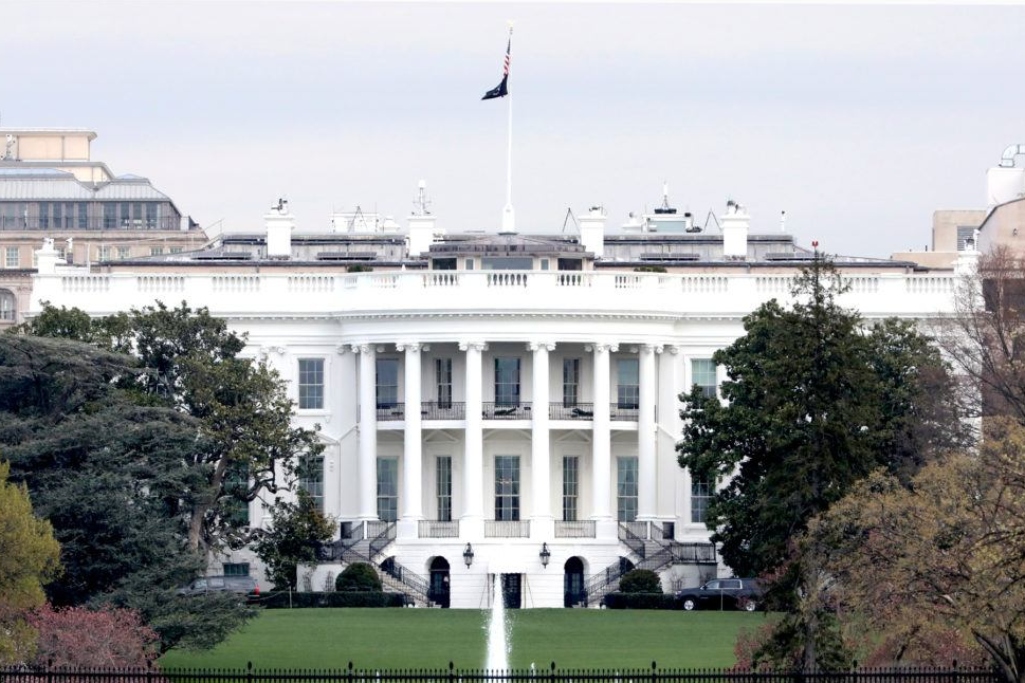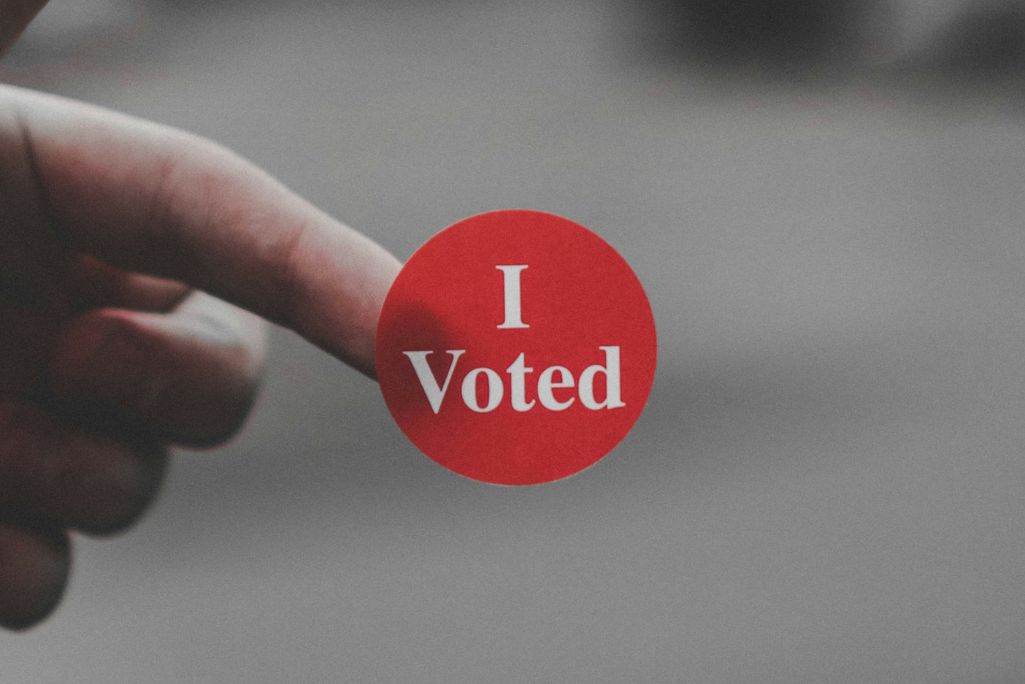
NASHVILLE (BP) — The Ethics & Religious Liberty Commission (ERLC) has filed public comments voicing concerns with a proposed rule which would expand coverage of contraceptives under the Affordable Care Act.
The rule would require private insurance providers to cover over-the-counter contraception, including abortifacients such as the Plan B pill, without a prescription at no cost. It would also require insurers to cover every FDA-approved contraceptive drug or product without cost sharing if prescribed by a health care provider.
If finalized, the proposed rule would be the most significant expansion of contraception coverage under the Affordable Care Act in more than a decade, affecting an estimated 52 million women of reproductive age with private insurance plans.
“Forced coverage of all ‘contraceptives’ remains an issue of great concern for millions of Southern Baptists,” ERLC President Brent Leatherwood said in public comments filed Dec. 19.
“Religious freedom, protection of consciences, and the right to life of every person are indispensable, bedrock values for Southern Baptists,” Leatherwood said. “The Constitution’s guarantee of freedom from governmental interference in matters of faith and conscience are crucial protections upon which SBC (Southern Baptist Convention) members and adherents of other faith traditions depend as they follow the dictates of their conscience in their daily lives.
“For Southern Baptists, adhering to their deeply held religious beliefs means protecting the inherent dignity of every human life, including the life of preborn children whose lives may be ended with the administration of contraceptive drugs possessing abortifacient properties.”
The ERLC’s comments were submitted to:
• The Department of the Treasury (specifically the Internal Revenue Service).
• The Department of Labor (specifically the Employee Benefits Security Admissions).
• The Department of Health and Human Services (HHS).
The Biden Administration announced the proposed rule on Oct. 21.
A White House press release regarding the proposal stated that access to contraceptives is “an essential component of reproductive health care that has only become more important since the Supreme Court overturned Roe v. Wade.”
The press release pointed to the billions of dollars that millions of women have saved on contraceptives through the Affordable Care Act.
Additionally, HHS spoke to the proposed rule in its own press release.
“From day one, the Biden-Harris Administration has made clear that every woman should have access to the health care she needs. That includes contraception and other family planning services,” HHS Secretary Xavier Becerra said.
Leatherwood explained that the government’s continued efforts to expand access to contraceptives is undeniably linked to abortion.
“The Biden Administration states that they seek to bolster access to birth control at no cost, because contraception access has ‘only become more important since the Supreme Court overturned Roe v. Wade,’” Leatherwood said. “In citing the decision from Dobbs as the primary reason for this action, they implicitly acknowledge that the provision of certain contraceptives is inextricably tied to the issue of abortion and the act of taking a life.
“In recognition of that, the Departments should not impinge upon the deeply held religious beliefs or moral convictions of millions of Americans who hold to the same values regarding life as Southern Baptists. Such actions would be antithetical to our shared American values centered on the rights articulated in the Constitution and its amendments.”
This recently proposed rule is the latest development in the government’s continued efforts to expand contraceptive access.
In 2012, the Affordable Care Act first made coverage of contraception a requirement. Since then, the government (specifically the HHS) has made several attempts to both expand coverage of various contraceptives and even remove religious or moral exemptions to these requirements.
The Biden administration alone has implemented three executive orders and a presidential memorandum, all aiming to protect women’s access to “reproductive healthcare.”
The ERLC has consistently been actively involved in advocating for Southern Baptists’ value of religious conscience protections.
The ERLC submitted public comments on proposed rules regarding contraceptive access in 2013, 2017 and most recently in 2023.
Additionally, the ERLC recently urged the Senate to oppose a measure which sought to codify contraceptive access into federal law.
The bill, known as the Right to Contraception Act, failed to pass the Senate last June. The legislation would have enshrined into federal law a right for individuals to buy and use contraceptives, as well as for health care providers to provide them.
The ERLC not only urged the Senate to oppose the Act, but also opposed the House passage of the bill in 2022.
The legal back-and-forth regarding contraceptives not only concerns coverage mandates but also involves government efforts to limit conscience exemption opportunities for employers.
During President-elect Donald Trump’s first term, his administration rolled back the Affordable Care Act’s previously established contraceptive coverage mandate by broadening exemptions to include all non-profit employers and for-profit companies who wished to claim “moral” objections to providing access to contraceptives.
In 2023, the Biden administration proposed a measure that would have scrapped the “moral” exemption but retained the “religious” exemption, thus creating a workaround or “independent pathway” for women who worked for organizations that exercised these exemptions to still have access to contraceptives.
In their recent public comments, the ERLC urged the departments involved to continue to maintain the religious exemptions in the law and also expressed their concern with this proposal to remove the moral objections established by the previous Trump administration.
“The right of all Americans to act upon their conscience to protect the lives of others must be preserved and upheld at all costs,” Leatherwood said.
“The proposed revisions to the coverage of contraceptives under the Affordable Care Act must continue to include exemptions for religious people but also must remain broad enough to include exemptions for people with moral objections as well.”
The Biden administration withdrew its 2023 proposed rule in late December, citing other areas of focus during the president’s final weeks in office.
Trump, who has recently received mixed reviews from pro-lifers regarding his comments on abortion, will take office on Jan. 20.
(EDITOR’S NOTE — Timothy Cockes is a writer based in Louisiana.)


